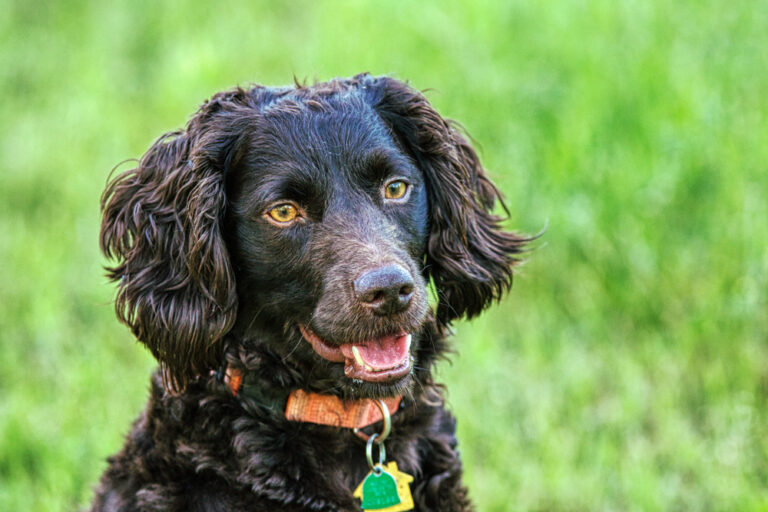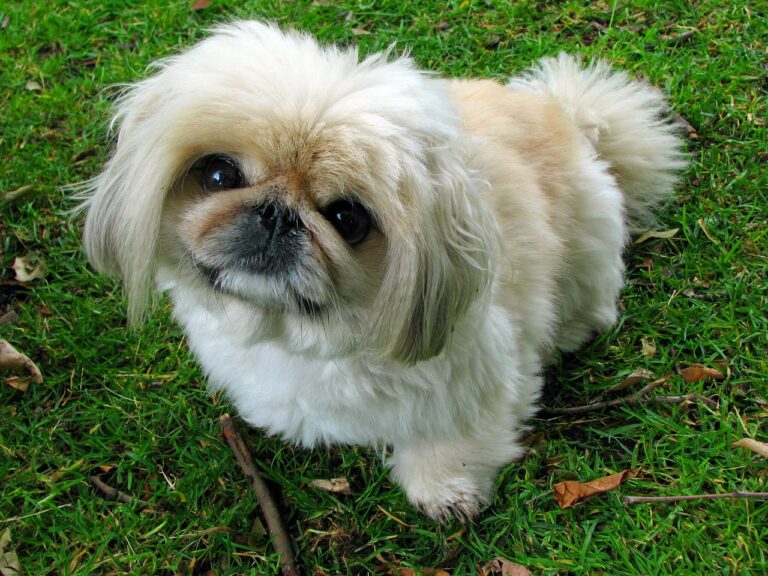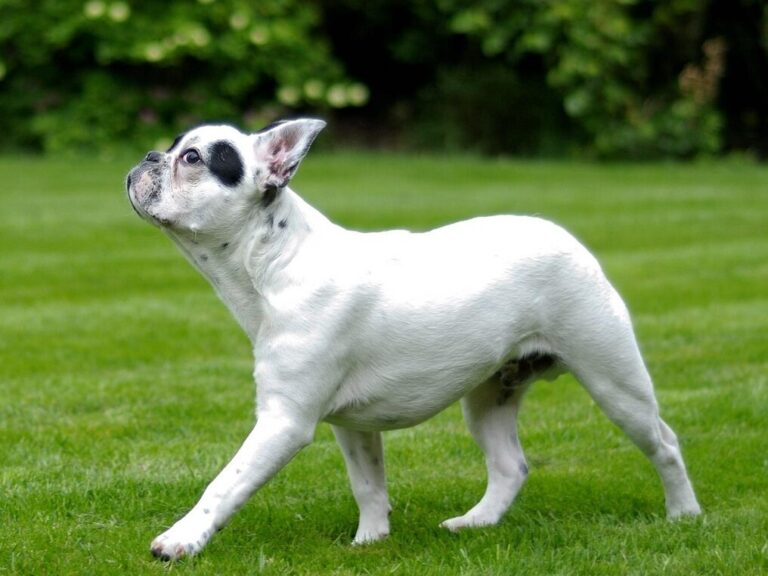15 Dog Breeds That Are Prone To Obesity

Dogs are cherished family members, often showered with treats and table scraps. While these gestures come from love, they can lead to weight issues. Certain breeds may be more prone to gaining excess weight due to genetic predispositions or specific lifestyle requirements. Here are 15 dog breeds to help dog owners understand which dogs tend to gain weight quickly.
Labrador Retriever

Labs love food. Their big appetites and slow metabolism make weight gain common. These dogs need plenty of exercise and portion control to stay fit. As a Lab owner, you should watch the amount of treats and table scraps you give your dog while focusing on feeding them healthy, low-calorie snacks.
Beagle

Beagles have a keen sense of smell that often leads them to food, making them typically prone to obesity. You must know that this breed doesn’t need many calories to maintain a healthy weight. So, if you want to help your dog stay fit, go on regular walks and engage them in playtime.
Dachshund

The long, low body of Dachshunds puts them at risk for back problems, which can worsen when they gain extra weight. Especially due to their size, just a little overfeeding can lead to weight gain. To help keep their weight in check, measure their food and encourage activities like swimming.
Pug

With almost one in five Pugs diagnosed with obesity yearly, managing your dog’s diet and consistently monitoring their weight is essential. If overweight, it becomes increasingly difficult for them to breathe properly because of their flat faces. Although these dogs don’t need long walks, short play sessions can help keep them active.
Basset Hound
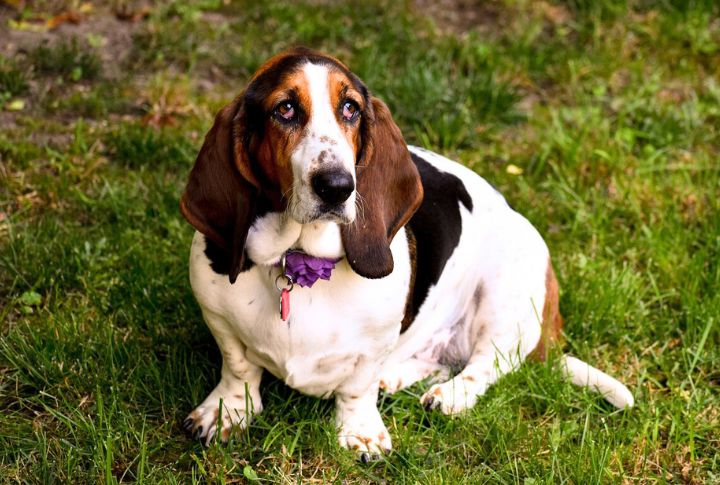
Frequently gaining extra weight is common in Basset Hounds, mainly due to their laid-back nature. Your pup’s sedentary lifestyle exposes them to health issues when they gain weight. You should pay close attention to what your dog eats daily. Feed your dog appropriately and resist the urge to give them excessive treats.
Bulldog

Bulldogs often face challenges with weight management due to their stocky build and low energy levels. To help your dog stay active, engage them in indoor play simulations. Consequently, a diet rich in protein and low in fats is one of the best options for their health and weight management.
Cocker Spaniel

Obesity is a significant health problem for cocker spaniels because they can easily overeat when not carefully monitored. This results in infected ears and other serious health issues. To care for your Cocker Spaniels, ensure they are given regular trim combined with daily exercise. Measure their meals to maintain their overall health.
Golden Retriever
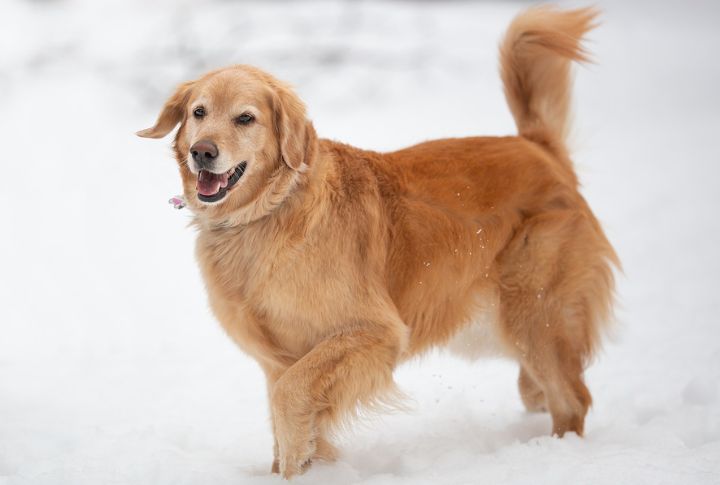
Like Labs, Golden Retrievers are known for their big appetites and love for food. Their friendly nature may make it tough to resist their pleading eyes when they beg for treats. But you need to keep them healthy! So, see that they are provided plenty of exercise to balance their food intake.
Rottweiler
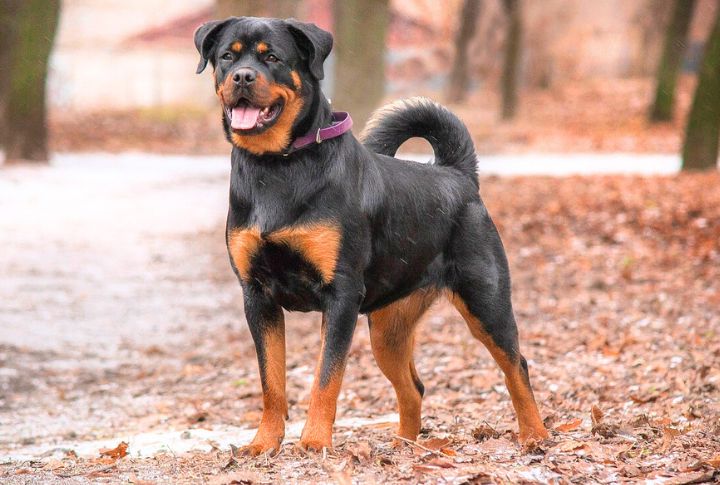
Due to their size, Rottweilers can quickly become overweight if they don’t get enough exercise and a proper diet. Also, just a tiny amount of extra weight can stress their joints. So, regular walks and play sessions are necessary to take care of their health, along with a balanced diet.
Scottish Terrier
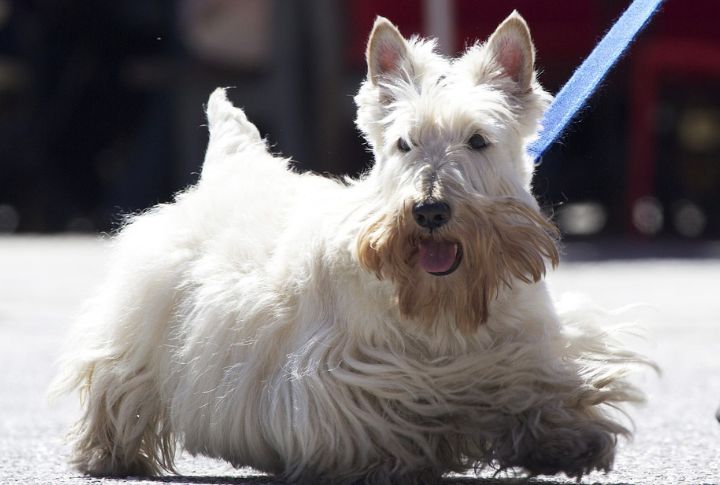
Scotties have a sturdy build that can sometimes hide obesity. They are prone to hypothyroidism, a condition that can cause further weight gain. To help catch any health issue early, consider regular check-ups with a vet. These spirited dogs enjoy short walks and indoor playtime, which helps keep them active.
Chihuahua
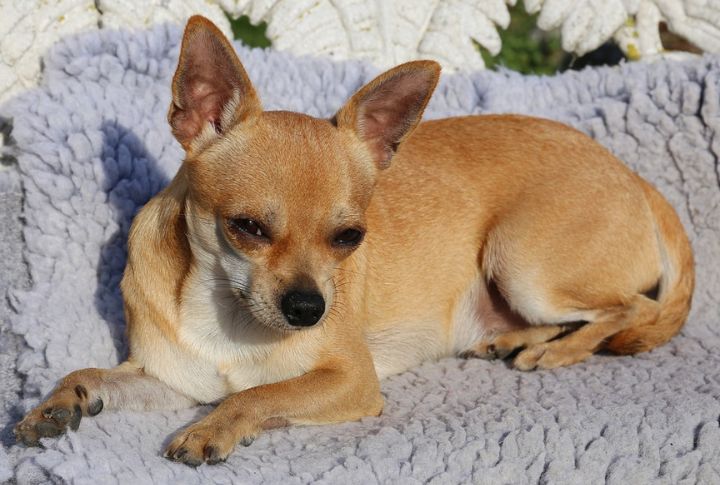
Even though Chihuahuas are small, they can quickly become overweight. Many of their owners tend to overfeed them, giving them too many treats, which can lead to health issues. You must know that even a few extra ounces can significantly affect a Chihuahua’s well-being. It’s essential to provide measured food portions.
Newfoundland
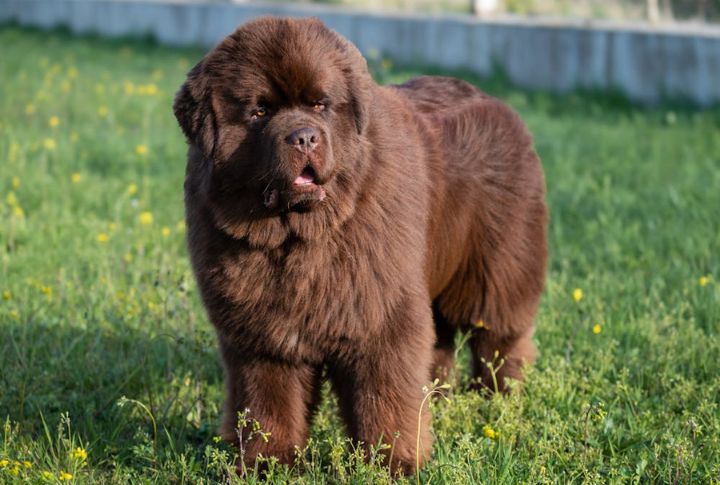
Newfoundlands have a big appetite and can easily gain weight. Even a small increase in weight can strain their joints. So, if you need an exercise option for your dog, try swimming because they love water. Also, portion sizes should be considered, and high-calorie treats should be limited to maintain health.
Cairn Terrier
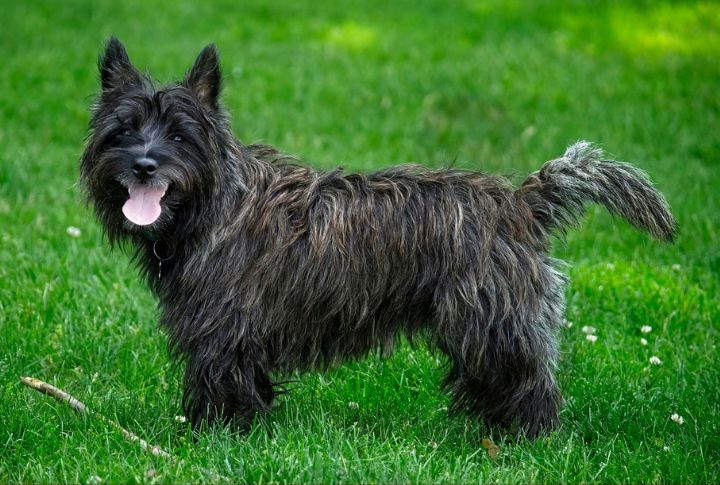
If not monitored closely, Cairn Terriers are prone to developing an overeating problem. With their minimal size, they can quickly gain excess weight. Regular walks and playtime are needed to keep them active. In order to help balance your dog’s weight, you should give them low-calorie treats during training.
Bernese Mountain Dog
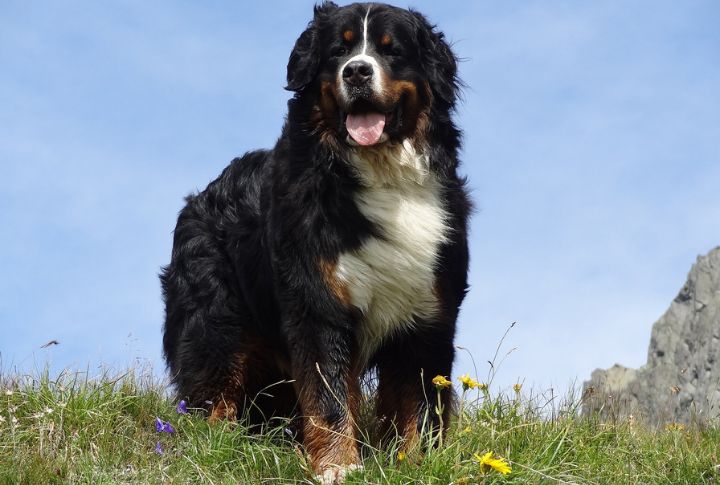
Large in stature and covered in fluffy hair, they can conceal weight gain under their thick coats. However, arthritis is a common problem for Bernese Mountain Dogs, and obesity can worsen the condition. You may improve your dog’s general health by making time for regular walks and playtime.
Shih Tzu

Shih Tzus may be small in size but tend to eat a lot, especially when you indulge them. Their long coats can mask weight gain, making regular weigh-ins important. These dogs don’t need much exercise, but short walks and indoor play can help keep them fit. Employ portion control during mealtime.
